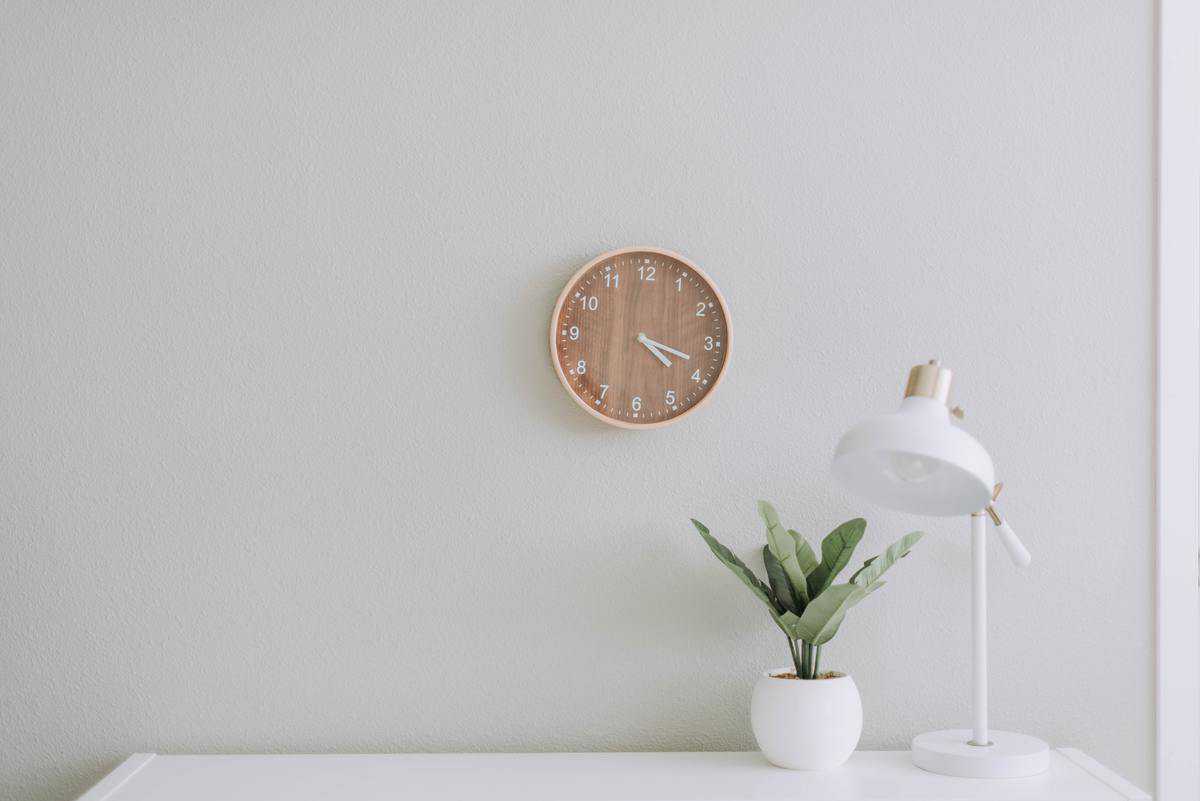Working from home has changed the way we view work/life balance. No longer separated by a commute to and from an office, we have started to relearn how to prioritise daily tasks. For many, remote working has been a wonderful experiment in focusing on doing what’s necessary and ignoring the fluff that tends to crowd your free time. For others, the blurry line between the two needs a clearer delineation.
For me, it has highlighted something that has been a consistent theme in my broader career about how I manage my work/life balance: it’s all about knowing the size and importance of the tasks at hand. I don’t pretend this is easy or predictable when there may be many moving parts – such as caring for a family or managing staff who do, all of whom have their own needs, demands and schedules. However, some principles can help, no matter what your work or home situation.
Learn to say ‘no’
The word ‘no’ is your friend. To achieve balance, focus on what needs to be done and say ‘no’ to the rest. Busy people are actually less busy than they might believe. If you find you’re always busy but never seem to achieve much, take a closer look at what you do in a day. About 80% of your day should be necessary tasks – the rest is likely just filler. If you concentrate on completing the four or five tasks that need to be done, you’ll find that it takes you to about 3 pm rather than 5 pm and beyond, which is to say that deploying the word ‘no’ to the things that just take up time could grant you two ‘extra’ hours in a day.
Saying ‘no’ is harder for some than others, but if you get into a habit of constantly wasting time with filler, you’re going to clog up your entire day with random tasks which don’t push the dial meaningfully. Instead, get into the habit of refusing to be side-lined by filler tasks to regain control of that time.
Allocate your time
Once you’ve regained control of some of that lost time, you can then use it to obtain a life balance. This makes sense for any number of hours per day you could be working, whether it is four hours, six hours or nine hours. When you focus on what will enable you to move the dial, you can see where the time may be better spent.
A good metaphor is filling a jar. Think about tasks at work being golf balls. When you fill a jar with golf balls, you may only be able to fit a handful in. The jar isn’t full; it is just full of golf balls. The next step is adding in marbles; perhaps this represents important tasks such as time with family, life admin, or personal development. The marbles, being smaller, fit around the golf balls and into the gaps. Then you could fill the jar with sand, which may represent leisure activities, balancing your time with fun things that you enjoy. Not only does sand fill the gaps between the golf balls and the marbles, but also it supports them. Just when you thought the jar was full, you add water; this surrounds everything, this could represent your values, and being purposeful in reflecting on them.
If you allow yourself to be content with just completing the golf balls for work and filling the rest of your jar with the other things that support your holistic self, you’ll find balance. You may even notice that if you can remove one golf ball, it allows for a lot more of the other items. Should you wish to increase time spent on managing relationships, staying fit, being productive around the house, travelling, attending the kids’ recital and so on, then it’s a matter of seeing what task you can remove from work!
Of course, you may find throughout your life that what you consider ‘golf balls’ may change as you reprioritise and reallocate your time. The key is to recognise how you want to spend it.
Know your capacity
Finally, understanding your capacity and refusing to work beyond it for more than a short period is a helpful skill to have. Entrepreneurs are no strangers to the hustle while burning the midnight oil, and it’s common for leaders to strive more constantly by dedicating everything they have to their business, but that eventually leads to burnout.
Familiarise yourself with your own productivity: when are you most effective? How long can you sustain that? At what point does working harder become detrimental to your decision-making capability, your health and your business? How does it affect the people around you?
Recognising your limits and pulling back at the right time to recharge contributes to a more sustainable work/life balance. We all get 24 hours in a day – use them wisely.
Read More: The world of work post-pandemic
Read More: Let’s Talk – The office vs working from home
Keep up to date with our stories on LinkedIn, Twitter, Facebook and Instagram

